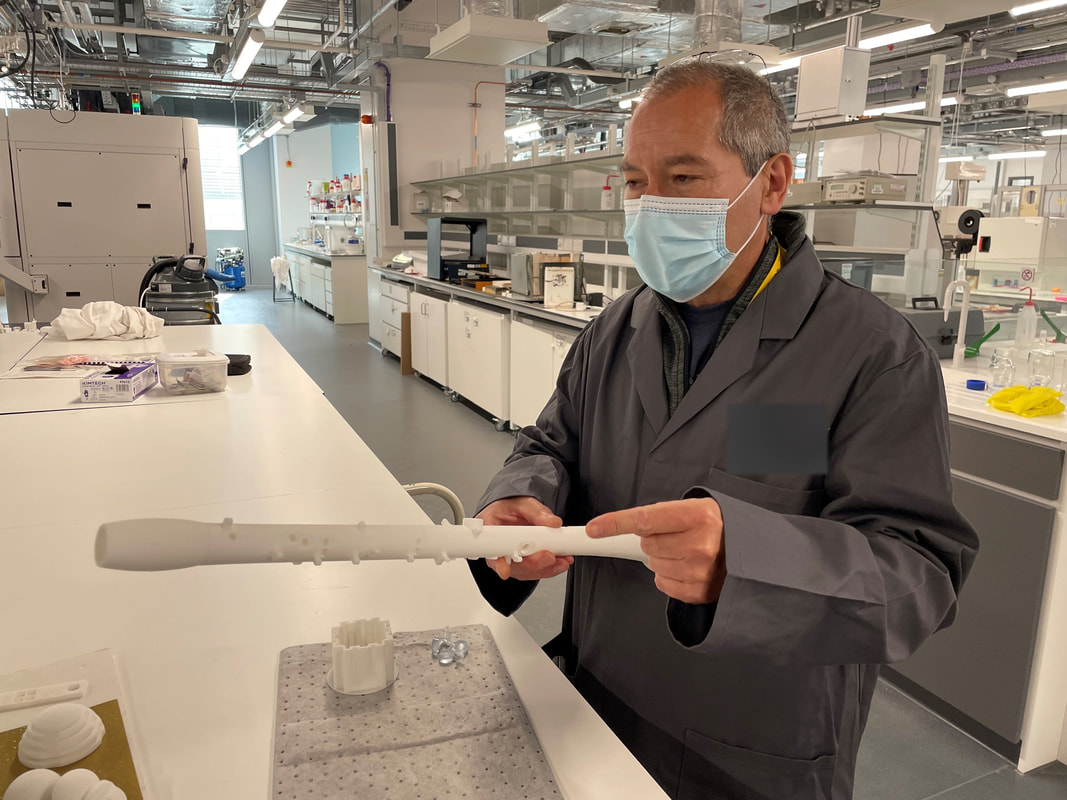|
We are delighted to announce that the Inclusive Access to Music-Making (IAMM) programme has been successful in its latest application for funding from Arts Council England.
IAMM aims to identify the needs of physically disabled pupils, and provide accessible musical instruments and enabling equipment to offer the same music-making experience as their peers, and teachers are able to use uniform pedagogical approaches across a whole class. As well as allowing us to continue our vital work in this area, this significant investment will help fund the instruments of the future. A third of Arts Council England’s grant will be apportioned to our research into the design and production of a 3D printed clarinet. As well as making the manufacture of the adapted clarinet both scalable and financially accessible, we also expect our research to be applied to the adaptation of other musical instruments. As the UK’s leading authority on adaptation of traditional instruments, OHMI is uniquely positioned to source and provide the instruments that suit the needs of participating disabled musicians. We’re able to better understand musicians needs because of the work of our project partner Creative United, and the intelligence they capture through their schools survey. Our music hub partners play an equally vital role. Once the musicians have been matched with the adapted instruments they want to play, our music hub partners Northamptonshire Music and Performing Arts Trust (NMPAT), Nottingham Music Service, and for the first time, Services for Education in Birmingham, provide the trained music teachers who can help our young musicians embark on their musical journey. Rachel Wolffsohn, Manager of the OHMI Trust, comments, “Applying the principles of 3D printing to a complex instrument like the clarinet is not without its challenges. Working together with Creative United, Plexal, and a very talented band of volunteers including the gifted instrument maker Peter Worrell, we’re seeking to explore how the fabrication process can be improved and supply chain issues addressed. “Like many highly inventive projects, however, the barrier of funding the cost of development time and materials is a significant one. Until now, the project has relied on the energies of it team of volunteers. This injection of support means the project can truly accelerate under the direction of a dedicated Project Manager.” It is expected that the research will have useful application for the adaptation of other instruments, bringing accessible music-making one step closer for musicians of all genres.” You can learn more about the IAMM programme here. Comments are closed.
|
CategoriesArchives
June 2024
|


 RSS Feed
RSS Feed
